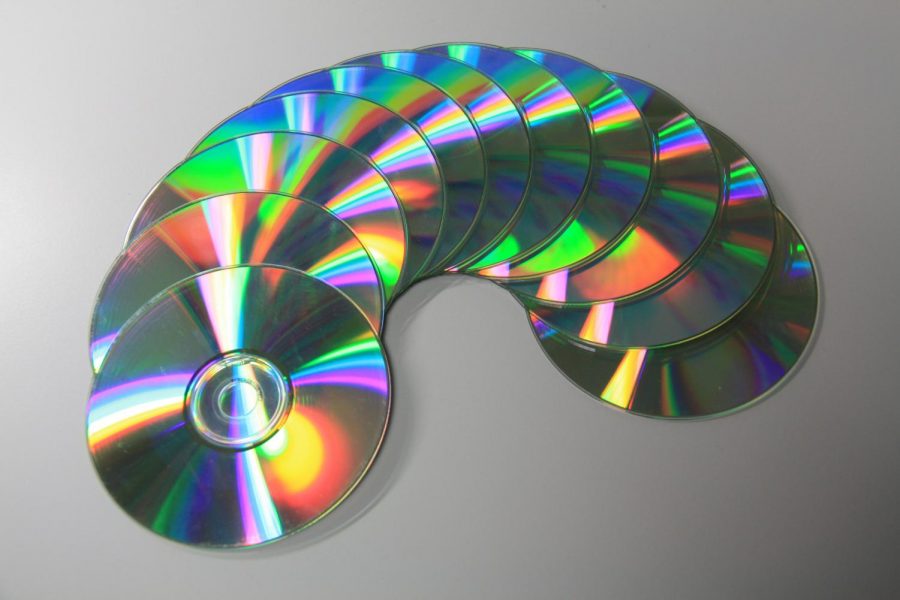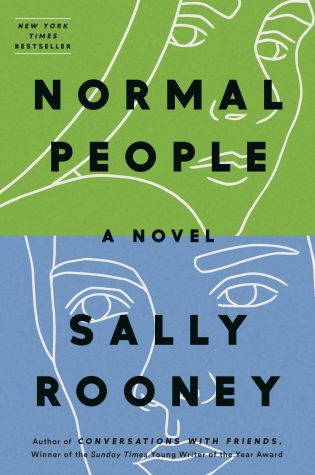The end of an era, say bye to compact discs
February 21, 2018
Best Buy to stop selling CDs this summer
Growing up, there were many things that made my heart content but only a few that made my it whole. Music was the main contributor to my overall happiness.
When I look back on my childhood, I’ll never forget the first concert I went to. I was four years old and it was Britney Spears’ Oops I Did it Again tour at the Concord Pavilion. I even had the honor of meeting Spears that evening and the frenzy began.
I was obsessed with collecting memorabilia of hers, a musician I looked up to. Each and every time Spears released a new album, my grandma would drive me to the store to buy the physical copy. The anticipation began during the car ride home, I couldn’t wait to unwrap my new CD. Inside each CD, the contents varied but frequently the album came with a booklet filled with photos, lyrics, the booklet that listed all the people who contributed to the album and a special thank you from the artist.
Best Buy announced in early February that they are removing physical CDs from their stores starting July 1 due to the major drop in sales, Billboard Magazine reported. According to Billboard, Target is also considering following suit later this year as consumers gravitate toward music streaming services like Spotify and Apple Music.
“At one point, Best Buy was the most powerful music merchandiser in the U.S., but nowadays it’s a shadow of its former self, with a reduced and shoddy offering of CDs,” Billboard reported. “Sources suggest that the company’s CD business is nowadays only generating about $40 million annually.”
More than 800 million CDs were sold in the United States in 2001, but that number has decreased to about 89 million, according to Consequence of Sound. In 2016, only 34 percent of the recording industry’s global revenues came from physical format sales. Half of the revenue came from digital sales.
Streaming revenues have surged by more than 60 percent and more than 100 million users have paid streaming subscriptions globally, according to the International Federation of Phonographic Industry.
“There is still a generational group with disposable income who like the artwork and composition of ads as a total art,” Ann Fajilan, associate professor for California State University, East Bay Department of Theatre & Dance told The Pioneer.
Taylor Swift is a prime example of a musician who is well-known for holding her albums from streaming service. Swift sold a record breaking 1.216 million copies of her latest album “Reputation,” which was released Nov. 2017, according to Nielson Music. She gives her fans incentives to purchase her physical album by creating special features that are only included in a physical copy. Taylor has included an exclusive magazine, her personal Polaroids, as well as giving fans early access to ticket sales.
“Taylor Swift is one of the few artists who has the combination of star power and fan cultivation to truly drive how her music is consumed,” industry consultant Vickie Nauman said to The New York Times.
In June 2014, Taylor Swift said in an interview with The Wall Street Journal, “It’s my opinion that music should not be free, and my prediction is that individual artists and their labels will someday decide what an album’s price point is. I hope they don’t underestimate themselves or undervalue their art.”
To anyone who is a fan of music and enjoys the CD buying experience, this news does not come as much of a surprise. Best Buy has made the decision to remove CDs from their shelves as streaming services take over. One could only imagine, are DVDs to follow?






















